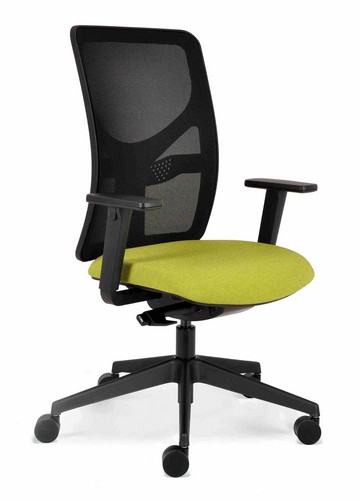
 Business owners and employees all have a responsibility to consider ways in which they can make their office more environmentally friendly. Although not required by law, it is good practice to have a workable environmental policy in place to help ensure that workplaces are doing what they can to reduce their carbon footprint.
Business owners and employees all have a responsibility to consider ways in which they can make their office more environmentally friendly. Although not required by law, it is good practice to have a workable environmental policy in place to help ensure that workplaces are doing what they can to reduce their carbon footprint.
Measures like going paperless, setting up recycling facilities and reducing waste are all great ways to start, but it’s also important to think about sustainable procurement so you can make ethically responsible choices when making purchasing decisions for the workplace.
There is a growing trend of manufacturers becoming increasingly aware of the important role that they play in creating a more ecologically friendly supply chain. From sourcing sustainable materials to reducing packaging, many companies are taking their environmental responsibilities seriously. So, if you are committed to reducing your carbon footprint, when looking for office furniture, it pays to do your research.
Desks, chairs, sofas – in fact almost anything you find within an office building – can be manufactured from renewable, recyclable or sustainably sourced materials. So, check out what each product is made from before purchase. It’s also worth looking to see and see if the manufacturer or supplier has an environmental policy in place – this can often be found on the website.
Office furniture can be made from a variety of materials, but it’s likely that at least part of a desk, chair or workstation will include some wood. Most ethically sourced products that incorporate wood will have a certification from the Forest Stewardship Council (FSC). This certification guarantees that the wood comes from a sustainable forest and/or has been sustainably harvested so it is an important hallmark to look out for.

Over recent years we have increasingly moved towards being a throwaway society, but if you are buying cheaper products that frequently need replacing, you need to consider whether this is a false economy. Not only is it damaging to the environment, but it can also end up being a lot more costly over time. It may be a wiser investment both financially and ecologically to purchase higher quality furniture that is likely to have a much longer life.
It’s also important to think about what happens to a piece of office furniture once it comes to the end of its life. Choosing a product with parts that can be recycled makes it a better choice environmentally. For example, both the Solo Ergonomic Task Chair and the Icon Task Chair (pictured) are 95% recyclable at the end of their natural life. Not all manufacturers will include this information in their product description so if you’re not sure just get in touch and we will be happy to help.
Many manufacturers are becoming increasingly resourceful and ecologically minded when sourcing materials. And it’s not just the wood or plastic that can be sustainably produced or recyclable: the way that an office chair or sofa is upholstered can also make a significant difference. For example, one Lismark supplier manufactures environmentally friendly fabrics. In fact, one of their newest fabrics incorporates recycled polyester from used plastic drinks bottles. You can read our blog post on this revolutionary recycled fabric here.
Lighting and heating are likely to account for the largest energy consumption in a standard office, but they can also be managed and reduced easily. Simple measures such as installing LEDs which use 75% less energy and can last more than three times as long as a standard light bulb have an impact. You can even go as far as to install lights controlled by movement sensors to significantly cut energy consumption. These are particularly appropriate in places such as meeting rooms, toilets and kitchens that may not be in constant use.
How you lay out your office can also have an impact on energy consumption. Make the most of natural light by positioning workstations near windows if possible. Keeping workstations away from draughty areas and nearer heat sources can also help keep the office thermostat lower.
Ultimately, creating a more eco-friendly office is about having an overall strategy in place with a range of measures from implementing an ethical purchasing policy to raising staff awareness which, when combined, can make a real difference.
If you want to know more about the eco-friendly office furniture we supply, get in touch today.